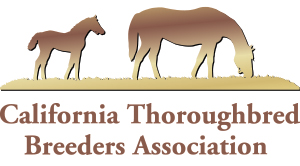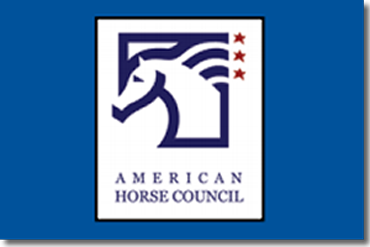From American Horse Council
WASHINGTON, D.C. (Dec. 29, 2016) –The Internal Revenue Service (IRS) has published a proposed rule regarding withholding requirements on pari-mutuel winnings. The proposed rule would make changes to withholding requirements that are more accurate and reflect the current state of wagering in the horse racing industry. These changes, if made final, will be of great benefit to horse players and the racing industry.
Currently, the IRS does not recognize the total amount wagered on an exotic bet with “boxes,” “wheels,” and “keys,” when determining whether the 300:1 ratio has been met and 25% withholding is triggered, only the cost of the individual winning bet. This greatly increases the number of winning bets that are subject to withholding and does not accurately reflect the actual amount bet and the actual amount won.
The American Horse Council and the National Thoroughbred Racing Association have requested the IRS make the proposed change for many years.
Example under Current Regulations
Assume an individual decided to make a Trifecta wager (selecting the first-, second-, and third-place finishers in a race, in exact order). To improve his or her chances of winning, the individual selects a group of seven horses in the race and requests a “Trifecta box.” By boxing the bet, a bettor wins if any three of the seven horses finishes one-two-three (in any order). A seven- horse Trifecta box involves 210 different mathematical combinations. If the bettor bets $20 on each combination, the total amount wagered is $4,200 ($20 x 210). After the race, the bettor holds a winning ticket that pays $6,100 (which is odds of 304-to-1 under the current regulations which limit the amount wagered to only the single $20 combination).
In accordance with the current rules, the racetrack would withhold $1,520 because the rules treat the $20 paid for the one winning combination as the only amount wagered. The withholding is computed as follows:
$6,100 Winnings
($20) Amount wagered
$6,080 Proceeds from the wager
x 25% Automatic withholding
$1,520 Withholding tax
The individual, however, has really only won $1,900 ($6,100 winnings less $4,200 wagered). Consequently, after the withholding tax is taken out, the person is left with a net of only $380, making the withholding rate 80 percent of the actual winnings.
Example under Proposed Change
The pay-off computations for the winning Trifecta outlined in the example above are changed by defining the “amount of the wager” as the actual dollars wagered by that individual into the Trifecta pool for that race. The wager in this scenario results in no withholding as the twin tests of winnings of more than $5,000 and odds of at least 300-to-1 or more are not met:
$6,100 Winnings
$4,200 Amount wagered
$1,900 Proceeds from the wager
In this example, the proceeds from the wager of $1,900 is less than the $5,000 threshold and is far less than 300 times the amount wagered of $4,200.
This proposed change will obviously be of benefit to individuals who bet on horse races and the racing industry in general.
Comments
This is a proposed rule and the IRS will be accepting comments for 90 days. The IRS will then have to review all comments and release a final rule. The proposed rule can be viewed here: https://www.federalregister.gov/documents/2016/12/30/2016-31579/withholding-on-payments-of-certain-gambling-winnings


